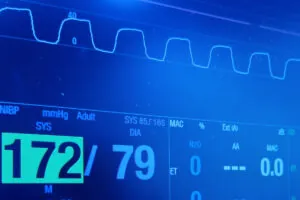
Tracking Potential State Regulation of Artificial Intelligence in Healthcare
Shifts in federal policy may lead to more activity at the state level. Here some state bills seeking to regulate the use of AI in healthcare. … Read More

Shifts in federal policy may lead to more activity at the state level. Here some state bills seeking to regulate the use of AI in healthcare. … Read More

Providers are being ignored by contracted and non-contracted MA plans in their efforts to obtain a remedy for 340B drug underpayments. … Read More

A new corporate whistleblower program incentivizes reporting of healthcare fraud involving private insurance plans. … Read More

Many bills have been pending in state legislatures. Let’s take a look at what’s been recently enacted in three of those states. … Read More

State legislatures have already been busy this year. Here are some topics and bills Ensemble experts have been watching closely. … Read More

Health plans will be required to meet a prior authorization time frame as short as 72 hours, along with providing reasoning for any denials. … Read More

See how Ensemble is actually applying AI to drive value across the entire revenue cycle. … Read More

Federal agencies are scrutinizing Medicare Advantage coding with inaccurate diagnoses for enrollees with certain high-risk diagnoses. … Read More

The 2024 Medicare Advantage Final Rule clarifies that Medicare Advantage (MA) plans must follow the Two-Midnight Rule set in 2013, and more. … Read More

A report from the OIG found some MCOs have unusually high rates of prior authorization denials, with limited or no state oversight. … Read More